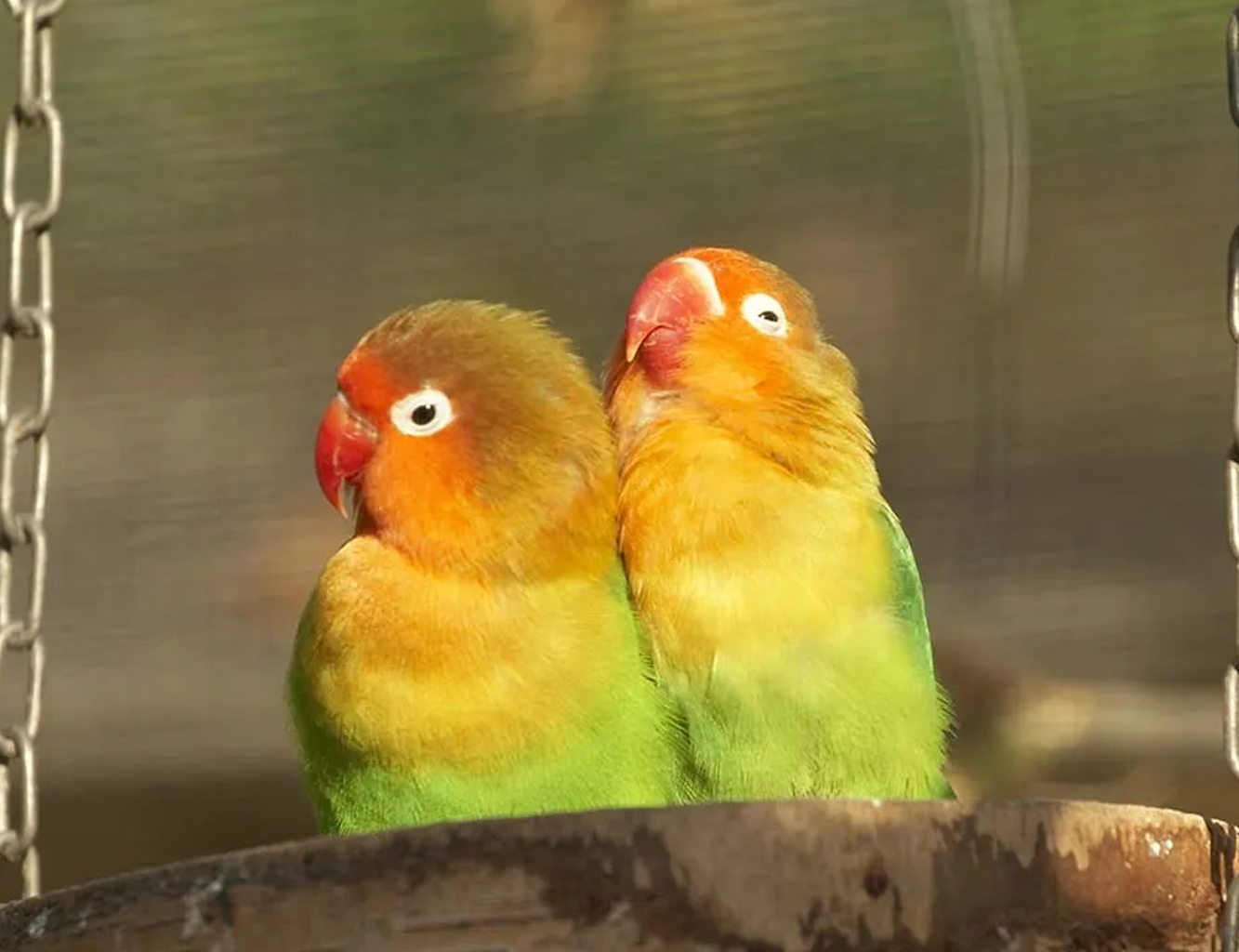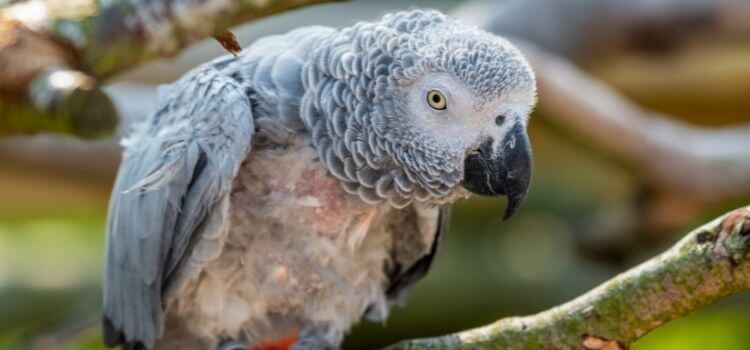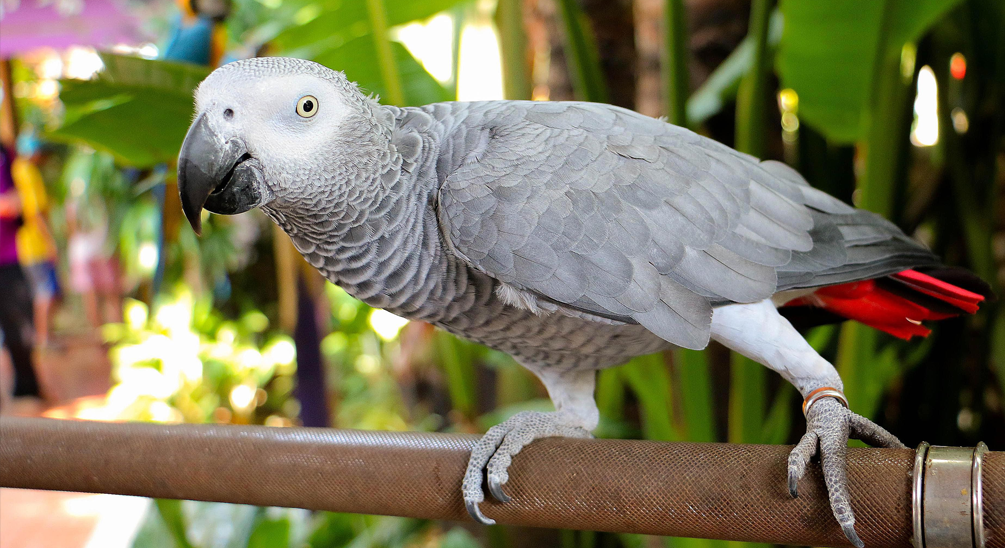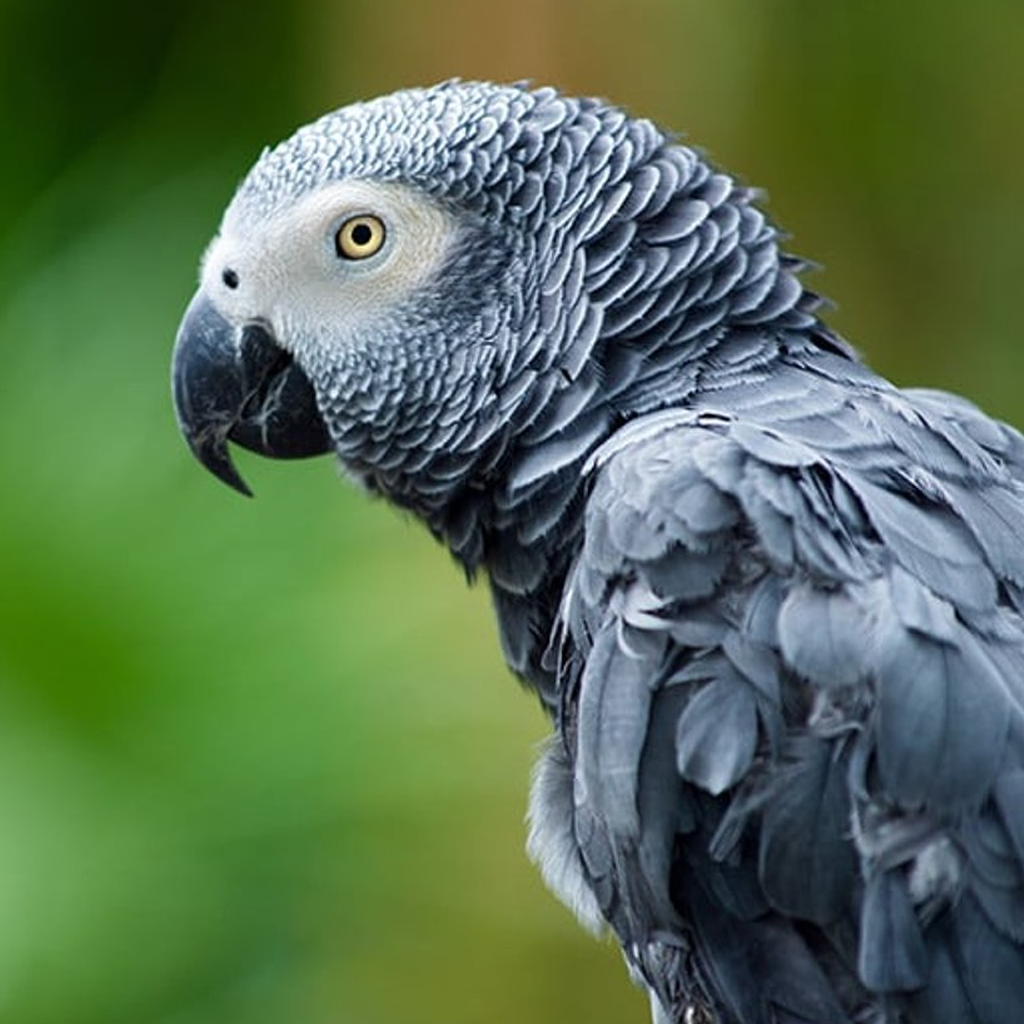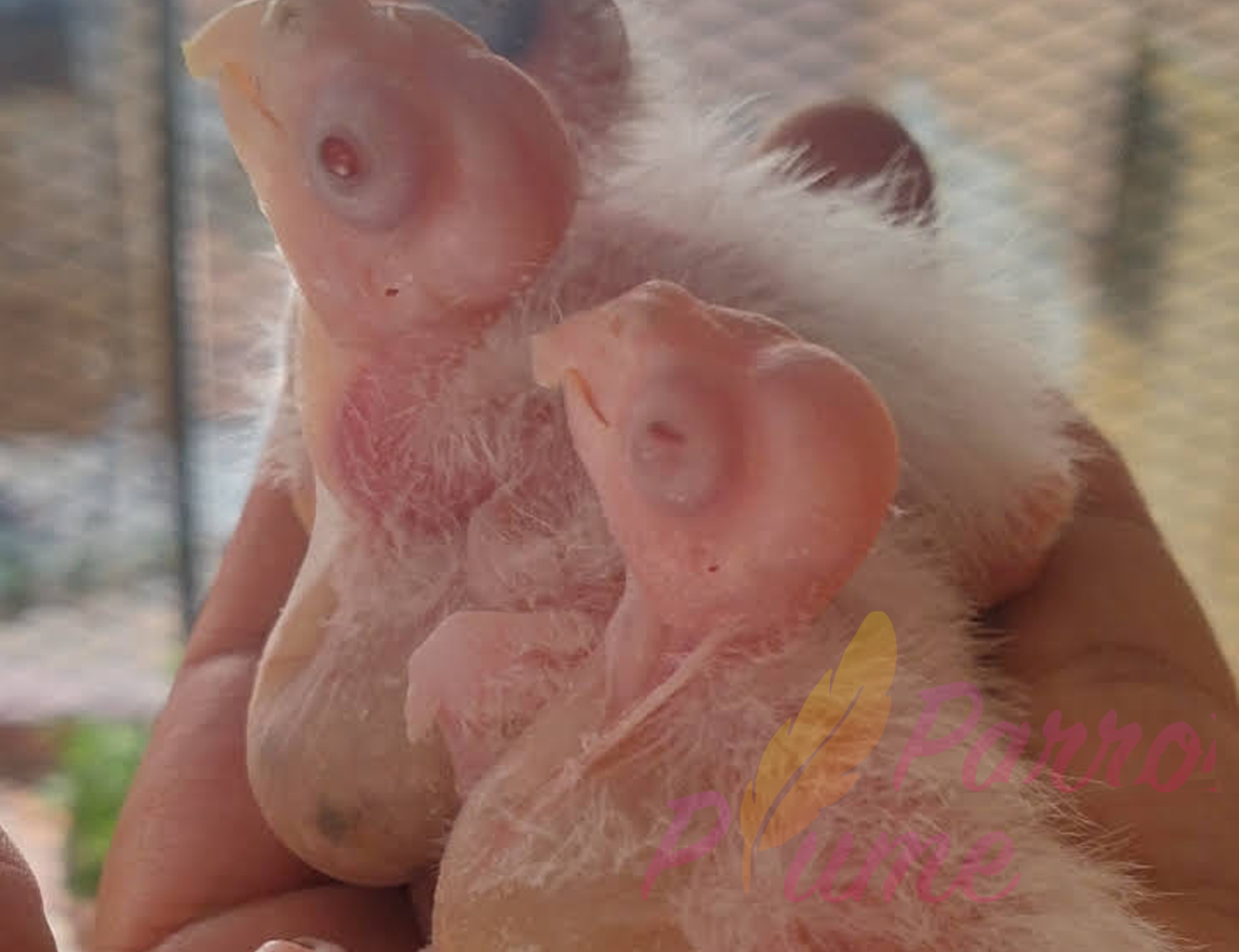Understanding and addressing stress in parrots is crucial for their well-being. Parrots, like humans, can experience stress due to various factors, including changes in their environment, health issues, or social interactions. Identifying the signs of stress early can help you take action to alleviate your parrot’s discomfort and improve their quality of life.
1. Changes in Behavior

Sign: A stressed parrot may exhibit sudden changes in behavior. This can include increased aggression, excessive screaming, or withdrawal from interaction.
How to Help: Observe your parrot’s daily routine and interactions. Ensure they have a consistent environment and try to identify any recent changes that could be causing stress. Provide additional attention and comfort to help them adjust.
2. Feather Plucking or Self-Mutilation
Sign: Stress can lead to feather plucking or self-mutilation. This behavior is often a sign that the parrot is anxious or in distress.
How to Help: Check for underlying causes such as a lack of mental stimulation or health issues. Provide enrichment activities like toys and puzzles to keep your parrot engaged. If the behavior persists, consult an avian veterinarian for further advice.
3. Loss of Appetite
Sign: A stressed parrot might refuse food or show a decreased appetite. This can be concerning as it affects their overall health.
How to Help: Ensure a variety of fresh, nutritious foods are available. Monitor your parrot’s eating habits and look for any signs of illness. If your parrot continues to eat less, seek medical attention to rule out any health problems.

4. Excessive Vocalization
Sign: Increased vocalization or constant screaming can indicate stress. Parrots may use vocalizations as a way to express their discomfort or frustration.
How to Help: Assess your parrot’s environment for possible stressors such as loud noises or changes in their surroundings. Provide a calm, stable environment and spend quality time interacting with your parrot to help them feel secure.

5. Changes in Physical Appearance
Sign: Stress can manifest in physical changes such as dull feathers, weight loss, or changes in droppings. These signs indicate that your parrot’s overall health may be affected.
How to Help: Regularly check your parrot’s physical condition and maintain routine vet check-ups. Address any environmental or dietary issues that could be contributing to their stress. Ensure they have a comfortable and clean living space.
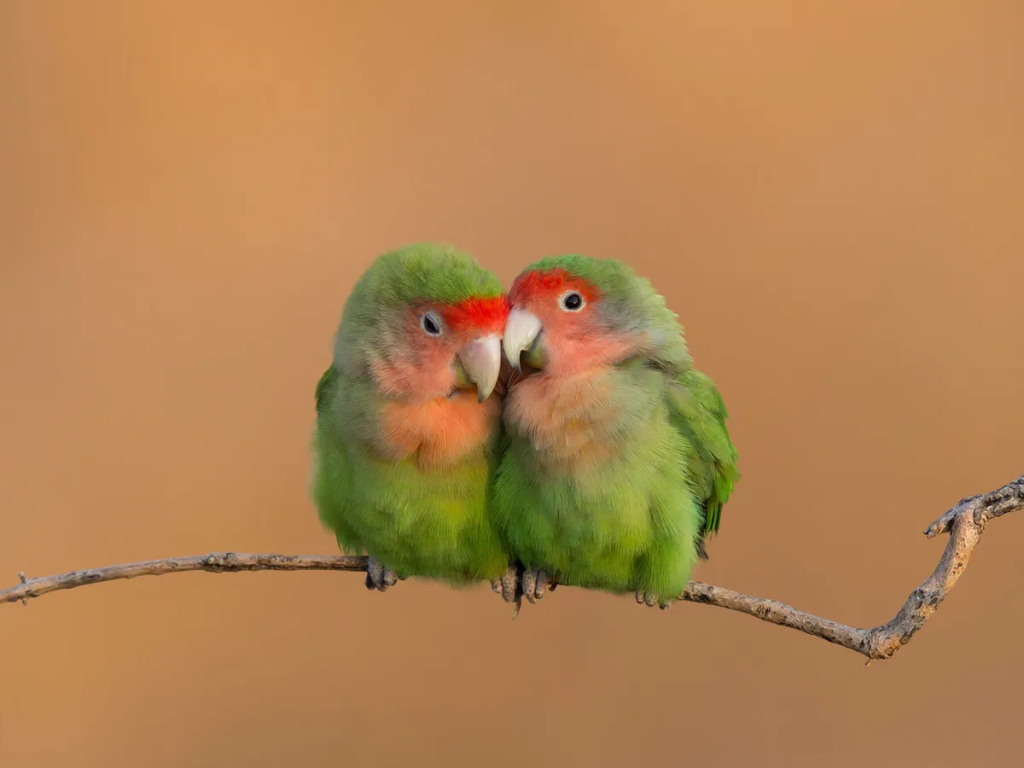
Conclusion
Recognizing the signs of stress in your parrot is the first step towards ensuring their well-being. By paying attention to changes in behavior, physical appearance, and eating habits, you can take proactive measures to reduce their stress and enhance their quality of life. Always consult with a veterinarian if you are unsure about your parrot’s health or if stress-related behaviors persist.
Share this content:

